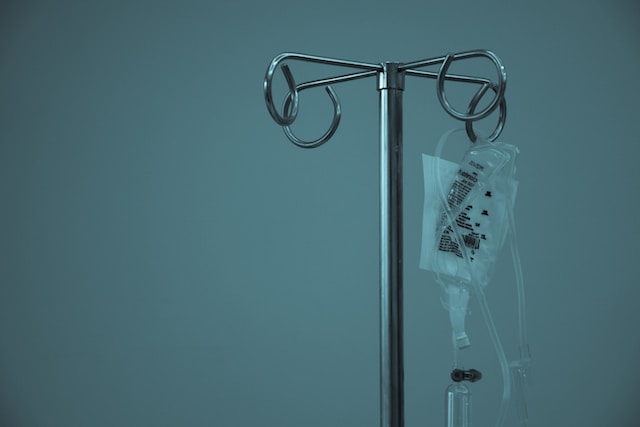
It’s no secret that healthcare is expensive. This means one short stay in the hospital can create severe financial instability, adding a considerable amount of debt to your existing total. As a result of the high cost of healthcare, many people do not get the treatment they need for fear they cannot afford it. Unfortunately, if you fall injured or ill, you may quickly become overwhelmed by this medical debt, unsure of what to do. Luckily, a Memphis, TN medical debt lawyer can help you explore your options to determine whether or not declaring bankruptcy to discharge your medical debt is right for you.
What Makes Debt Dischargeable?
Many people are unfamiliar with what makes a debt dischargeable and whether or not medical debt falls into this category. Though there is no specific example of what makes a debt nondischargeable other than considering something a non-priority or unsecured debt, the government has worked to create a list of debts that cannot be dismissed during bankruptcy.
Generally, nondischargeable debts include alimony, child support, and local, state, or federal taxes. Similarly, if you are responsible for another person’s injury or property damage due to willful negligence, this debt is non-dischargeable. Essentially, this means if you were the defendant in a personal injury lawsuit and lost, you cannot have the award you were ordered to pay discharged from your debt.
As long as your debt is not classified by the government as non-dischargeable, it is eligible for bankruptcy. However, it is essential to note that if you do not list a debt when filing, it will not be eligible to be dismissed.
Is Chapter 7 or Chapter 13 Better for Medical Debt?
Though you cannot file bankruptcy specifically for medical debt, you can use it to provide relief. However, it is essential to understand the differences between Chapter 7 and Chapter 13 bankruptcy in order to determine which option is best for your needs.
Chapter 7 bankruptcy is based on your income, so if you fall under your state’s median household income, you will qualify for this option. It is also most commonly used for debt on credit cards, meaning if you paid the expenses on your credit line, it might be the best choice for your circumstances.
Chapter 13 bankruptcy is most common for those with a higher income, as it creates a repayment plan. This means you will be responsible for paying off some of the debt while the rest is discharged.
Before you decide which option is best for you, it’s imperative you consult with an experienced bankruptcy attorney from the Arnold Law Firm. Our dedicated team will work to help you discover the best course of action so you can have the best opportunity at a fresh financial start. Contact us today to learn more about how we can help you through this time.




